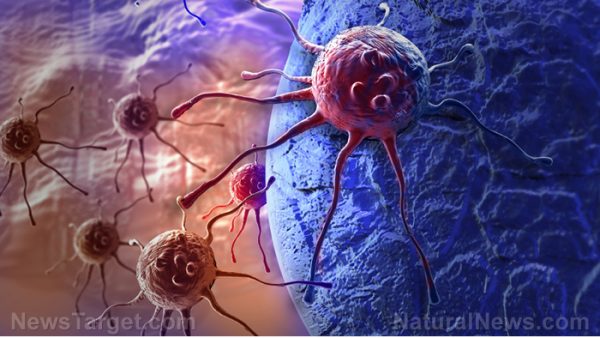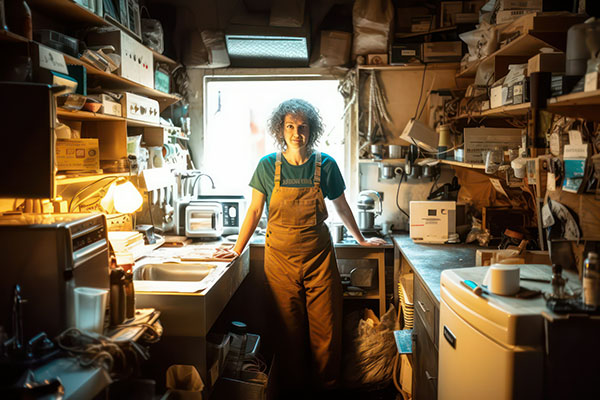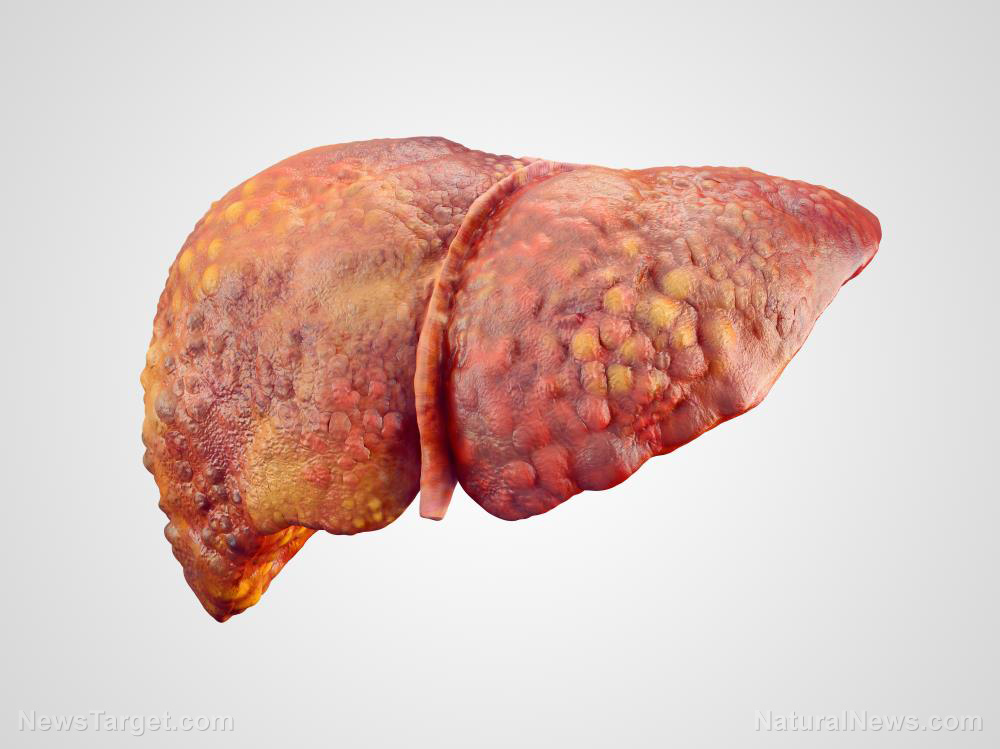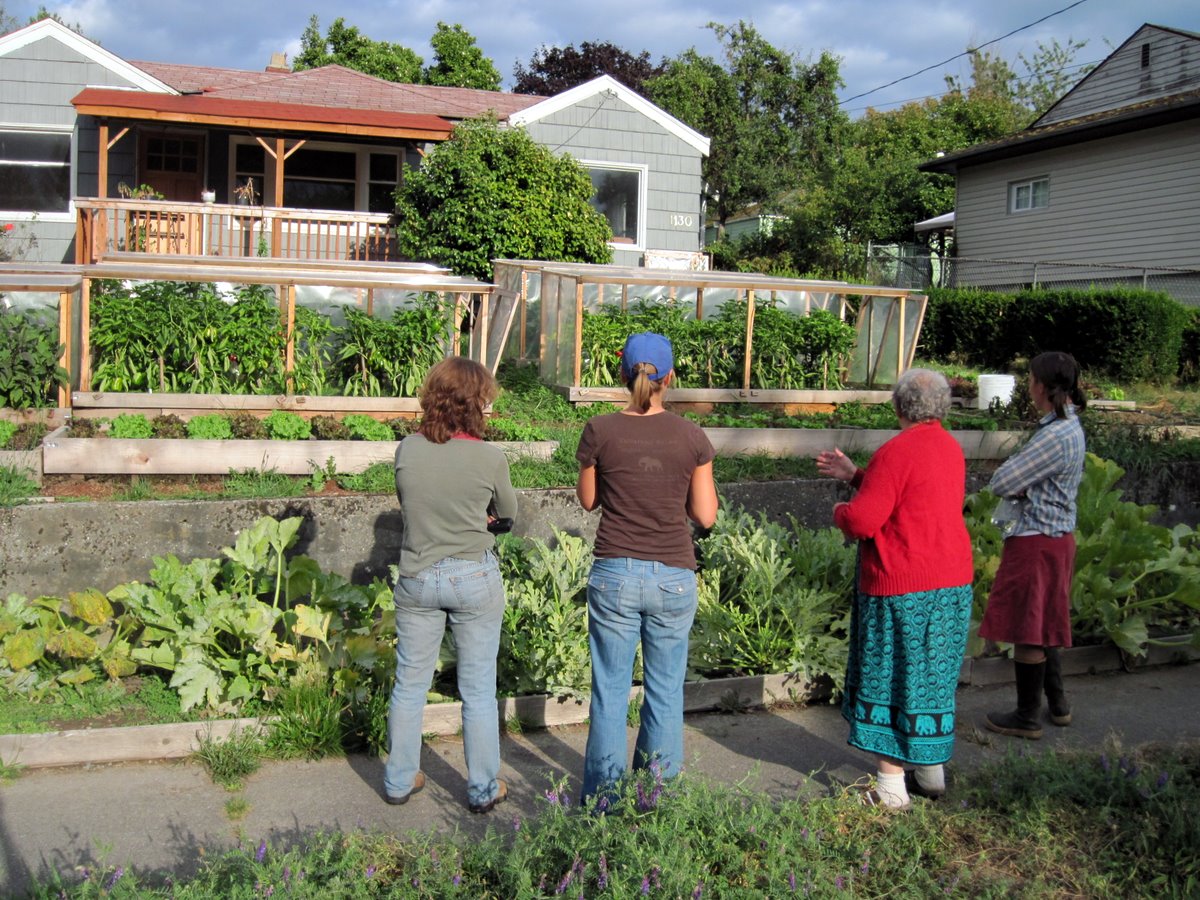Andreas Moritz's book argues: Cancer isn't a disease, but the body's desperate cry for help
- In "Cancer Is Not a Disease: It's a Survival Mechanism," Andreas Moritz argues that cancer is not a disease but the body's desperate response to toxicity, stress and poor lifestyle choices. Cancer cells act as a defense mechanism, absorbing toxins to protect vital organs.
- Moritz challenges mainstream cancer therapies (chemotherapy, radiation, surgery), claiming they often worsen the problem by damaging the immune system and ignoring root causes, leading to low long-term success rates.
- He identifies processed foods, environmental toxins, lymphatic congestion and emotional trauma (e.g., unresolved stress, feelings of rejection) as key contributors to cancer development.
- Moritz advocates addressing physical, emotional and spiritual health through detoxification (e.g., liver cleanses), dietary changes and emotional healing, allowing the body to self-heal.
- The book encourages readers to rethink cancer, trust their intuition, and explore natural therapies, offering hope beyond conventional "incurable" diagnoses.
In a bold and thought-provoking challenge to conventional wisdom, author Andreas Moritz argues in his book "
Cancer Is Not a Disease: It's a Survival Mechanism" that cancer is not the malicious enemy it's often portrayed to be. Instead, Moritz posits that cancer is a desperate survival mechanism employed by the body when faced with overwhelming toxicity and stress.
Moritz's controversial perspective turns the traditional view of cancer on its head. He contends that cancer cells are not rogue elements bent on destruction, but rather intelligent responders to a body under siege. According to Moritz, when the body is overwhelmed by toxins, emotional stress and poor lifestyle choices, some cells mutate to survive in this hostile environment – leading to what people call cancer.
One of the most contentious points Moritz makes is that cancer cells are not attacked by the immune system because they are part of the body's defense mechanism. These cells act like a sponge, absorbing and neutralizing toxins to prevent them from reaching vital organs. This idea likens cancer cells to the body's natural defense systems, such as mucus that traps bacteria and viruses.
This perspective challenges the conventional approach of aggressively attacking cancer cells with treatments like chemotherapy, radiation and surgery. Moritz argues that these methods often do more harm than good, damaging the body's natural healing processes and leaving the underlying causes of cancer unaddressed. As a result, the cancer may return, or new health problems may arise.
Moritz delves into the various factors that contribute to cancer, emphasizing the importance of diet, lifestyle and emotional health. He highlights the role of processed foods,
environmental toxins and lack of exercise in creating the conditions for cancer to develop. Additionally, he underscores the significance of the lymphatic system, which he believes is often overlooked in conventional medicine. A congested lymphatic system
can lead to the accumulation of toxins, setting the stage for cancer.
Emotionally, Moritz suggests that unresolved conflicts and repressed emotions can manifest as cancer. He believes that individuals with a history of feeling rejected, unloved or unworthy are more susceptible to the disease. These emotional wounds create a toxic internal environment, just as harmful as physical toxins.
Moritz is highly critical of conventional cancer treatments, arguing that they often exacerbate the problem. He points out that chemotherapy and radiation can severely damage the immune system and vital organs, leaving patients vulnerable to further health issues. He cites studies showing a surprisingly low success rate for these treatments, suggesting that their benefits are often overstated.
Moritz also criticizes the use of statistics to justify aggressive treatments, claiming that data is often manipulated to support a particular narrative. He believes that this approach is misleading and can prevent patients from exploring alternative therapies that may be more effective and less harmful.
So, if conventional treatments are not the answer, what is? Moritz advocates for a holistic approach to healing, addressing the physical, emotional and spiritual aspects of cancer.
He recommends natural therapies such as liver cleanses, dietary changes and emotional healing techniques. He also emphasizes the importance of supporting the body's natural detoxification processes and strengthening the immune system.
Moritz believes that by removing the underlying causes of cancer,
the body can often heal itself. He cites numerous examples of people who have experienced spontaneous remissions after making significant lifestyle changes. He encourages readers to take an active role in their healing process, to trust their intuition, and to seek out therapies that resonate with them.
"Cancer Is Not a Disease: It's a Survival Mechanism" challenges people to rethink
their understanding of cancer and its treatment. Moritz's perspective is both provocative and empowering, offering hope to those who have been told that their condition is incurable. While his ideas may not be accepted by everyone, they provide a valuable alternative perspective that can inspire people to explore new approaches to healing.
Watch this video about Andreas Moritz's book "Cancer Is Not a Disease: It's a Survival Mechanism."
This video is from the
BrightLearn channel on Brighteon.com.
Sources include:
Brighteon.ai
Brighteon.com












